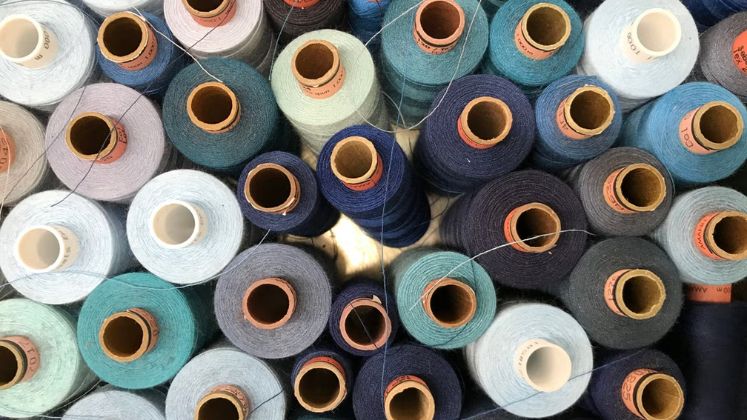
To assist UK fashion and textile enterprises in navigating the intricate regulatory environment, the Manchester Fashion Institute has launched a new digital tool called Fashtrax. The institute’s Textiles Transparency Team (MFITT), which is a division of Manchester Metropolitan University, created the compliance tool.
Fashtrax is intended to offer clear compliance guidelines, especially in light of upcoming laws such as the EU Digital Product Passport (DPP). Fashtrax links industry, academia, and technology providers to offer solutions that tackle practical problems. Using information from the UKRI-funded Legi-Standards database project, it combines over 40 environmental standards with over 100 regulations.
The Compliance Navigator, a diagnostic tool that offers tailored suggestions based on numerous company-specific characteristics like size, product type, and supply chain footprint, is at the heart of the Fashtrax platform. With a complete release planned for late 2025, the Compliance Navigator is presently in development and will test with 20 industry partners this summer.
The platform is supported by InterAct, a network run by the Economic and Social Research Council and a US $ 7.29 million Made Smarter Innovation initiative. The UK Fashion and Textile Association (UKFT) also supports the tool.
According to project co-lead Julie Hodson, Fashtrax is made to make compliance easier in a complicated environment. SMBs frequently lack the means to stay up with the numerous regulations, especially those pertaining to sustainability and transparency. That is changed by this platform, which provides tools and insights that are easy to use.
According to Dr. Hilde Heim, co-founder and co-lead of MFITT, this is about future-proofing UK fashion. With transparency and innovation at the core of their business models, Fashtrax enables brands to rapidly and affordably adjust to changing regulations. In terms of preparing producers for the digitalisation of the fashion supply chain, Fashtrax represents a significant advancement. It boosts competitiveness, sustainability, and innovation in the UK apparel industry.
Research, education, and policy-making have already been impacted by the program. It has strengthened MFITT’s standing in the SAFE group’s supply chain transparency research and sparked fresh teamwork to develop a user-focused version of the platform.
The results of Fashtrax are shared via a number of platforms, including webinars and presentations to prominent institutions like the UKFT and the Joint Research Centre of the EU Commission.
A number of UK organisations, including WRAP and the British Fashion Council, are interested in Fashtrax. It will soon be presented to the government’s Circular Economy Taskforce and the British Standards Institution (BSI).






